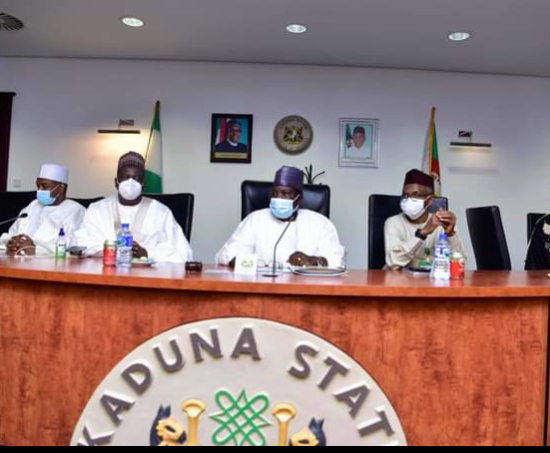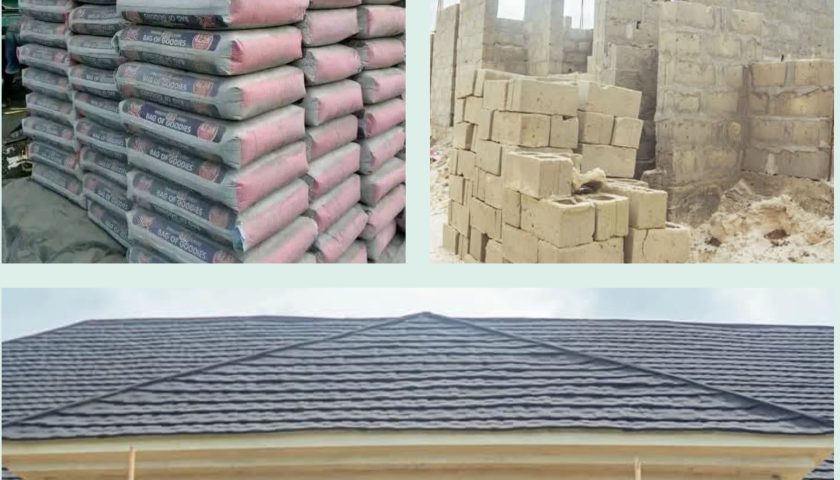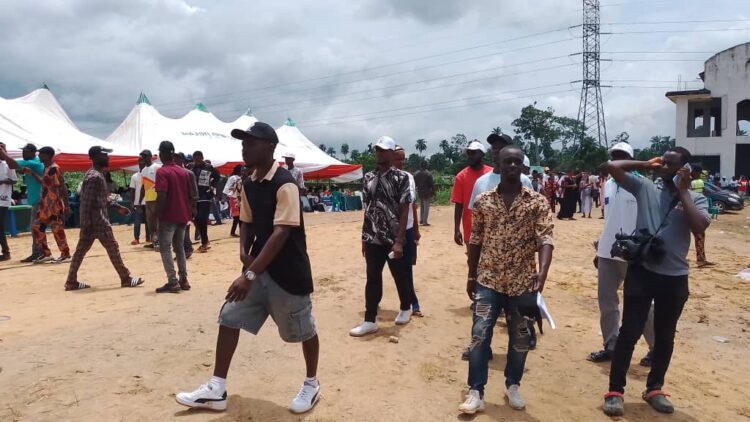By Sunny Awhefeada
Places and people share a strong bond that is almost inexplicable. Memories, whether they hurt or heal, are constituted by events which happen in places as influenced by people. The place of one’s birth and the location where one grew up both enshrine nostalgic feelings that remain imperishable while one sojourns on this side of the vale. Kaduna, Ibadan, Evwreni and the densely forested village of Imobi beyond the River Oluwa in Ondo State remain permanent in my house of memory. I was born in Kaduna where I spent my earliest childhood. The other places mentioned succeeded Kaduna in my childhood as I grew up. I doubt if a day ever passes without my remembering those places.
They constitute an ideal for me as they have become my prop in my unpalatable experience with contemporary Nigeria. As we are daily buffeted by the ills bequeathed by the plague of bad leadership, those places of my childhood offer me free psychotherapy. They have become for me places of psychological retreat to which I escape whenever I am assailed by the vagaries of today, and it is sad that I have been so assailed hourly since 2015!
Kaduna which derives its name from the crocodile which dominated the River Kaduna was my beginning. However, I left Kaduna as a Primary One pupil one very cold harmattan morning in 1978. My father, then a soldier, had been transferred to Ibadan and we all had to move with him. I can still faintly see through my mind’s eyes the railway station that was crowded by passengers waiting to board.
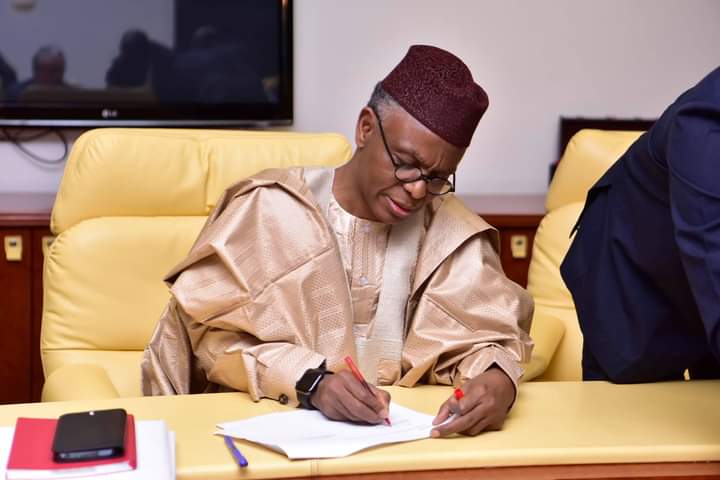
People were moving up and down and we were covered by a thick blanket because of the chilling cold. I cannot remember when and how the train pulled up, but a scramble followed as soon as it arrived. We also boarded and the interminable rhythm of “Lokoja too far” began as the train lurched and lumbered on its uncountable wheels. That was my farewell to Kaduna, my birthplace. Kaduna remains significant in my life as being born there came with prestige. We lived at Tudun Wada, a very busy area and some of the incidents I now claim to remember were actually complemented by the snippets of stories my parents told me in later years.
I recall one riotous day when many people took to the streets with tear gas thrown at them. We were playing outside and we inhaled the peppery gas of canisters. That incident was the “Ali Must Go” riots of 1978 and the people tear-gassed were students of the Ahmadu Bello University, Zaria and the Kaduna Polytechnic. I recall some of my playful and mischievous activities in school. I attended the neighbourhood Koranic school before I began formal education at the LEA Primary School. I cannot forget the teacher’s bulala (horsewhip) which lacerated the back and bum of recalcitrant pupils.
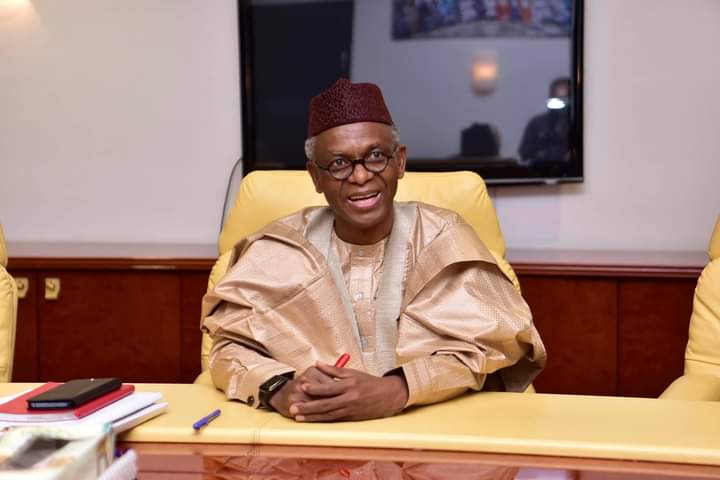
I remember the steaming tea we bought for a kobo or so. We walked about and played freely not fearing insecurity. Our world was free, happy and peaceful or so I imagined in my childhood innocence. Our neighbours were many because we lived in a big compound and one of my childhood playmates whose name I will not forget was Lawandi. Kaduna offered me a blissful childhood.
Kaduna holds a great fascination not just for me, but for Nigeria and her chequered history. Kaduna was the capital of the old Northern Region. It was the political base of the powerful Sir Ahmadu Bello who preferred to stay in Kaduna as Premier and superintend over Northern Nigeria rather than come to Lagos as Prime Minister.
Nigeria’s first military coup also took a heavy toll on Kaduna. The coup broadcast that ruptured Nigeria’s history was made in Kaduna by Major Chukwuma Nzeogwu who also had Kaduna as one of his names. That bloody 15th January 1966 saw to the death of Brigadier Samuel Ademulegun, Colonel Ralph Sodeinde and Sir Ahmadu Bello in Kaduna.
Kaduna remains the headquarters of the One Division of the Nigerian Army just as it hosts the Nigerian Defence Academy. Kaduna is also home to many tertiary institutions and research institutes. It once had one of the biggest textile industries in the world. Many retired military generals, retired senior civil and public servants as well as technocrats once made Kaduna their home.
There was also the powerful, but shadowy political phenomenon known as the “Kaduna Mafia” which not only ran the Second Republic, but also had considerable influence during the military juntas of Buhari and Babangida. Kaduna as a state began to experience socio-political and religious upheavals in the 1980s. The people of Southern Kaduna suffered in the hands of their age long neighbours and decided to fight back. The crisis, especially around Zango Kataf, was violent and lingered for a long time. General Zamani Lekwot who became the face of the resistance suffered in the hands of the Nigerian state.
The Kaduna of my childhood is no more. Today, Kaduna has been overrun by terrorists and bandits and undone by manifestly bad and inept leadership. Although, there had been symptoms of social unrest in the North for more than a decade and half now, the situation degenerated into anarchy beginning from 2015. If the whole North were to be in flames, Kaduna ought to be an exception because of its history as the bastion of everything that was Northern Nigeria. Unfortunately, Kaduna felt into the hands a mountebank governor who could not bring forth creative and regenerative ideas to nurture the State into a better future. The news coming from Kaduna daily is frightening. It has been about abduction and kidnapping and kidnapping and abduction. People are being taken hostage for ransom and those unlucky get killed. Kaduna, the place of my birth and childhood bliss, is no longer safe. Kaduna is being ravaged by beasts in human form.
Governor Nasiru El-Rufai should take the blame for the debacle that Kaduna has become. Ever so loud, but lacking in productive action, he once gave himself kudos for paying terrorists to stave off attacks on communities. Instead of going after the terrorists and treating them as enemies of the State, El-Rufai once justified their action as a consequence of provocation. Today, the tiny wiry snake El-Rufai picked up as a pet has grown into a deadly cobra. Kaduna is no longer safe. Even military generals travelling from Abuja to Kaduna now crouch and duck inside trains to avoid being picked up by bandits. Schools, primary, secondary and tertiary, are shutting down on a daily basis. Communities daily organize mass burials for relatives and friends killed by the marauders. Kaduna has descended into anarchy and it is shutting down.
Rather than be sober, apologise and resign, mouthy El-Rufai is deploying sophistry in commenting on insecurity. He is busy sacking workers as if that is Kaduna’s most compelling problem. He has refused to do what he promised the people of Kaduna and he is doing what he didn’t promise them. When will reprieve come to Kaduna?


